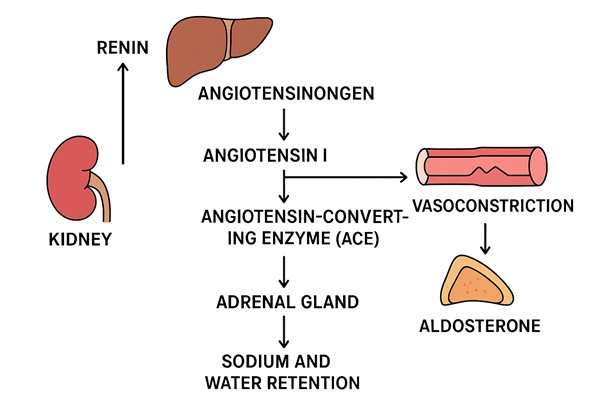Drugs to prevent heart attacks
There is no certain way of preventing heart attacks with drugs. The two most important ways of reducing the risk of a heart attack are not to smoke and not to be overweight. There is, however, no good or proven way in which drugs can help you stop smoking or lose weight. Lowering a raised … Read more
